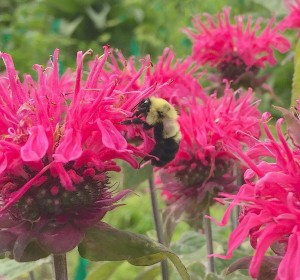Tuesday January 12
07:30 PM
Deconstructing visual signals in social butterflies
MCZ 101, 26 Oxford Street, Harvard University

Passion-vine butterflies show the curious behavior of gathering together into groups to roost for the night. Despite nearly 150 years of popular and scientific interest, the purpose of this behavior has remained a mystery. Here I explore why butterflies exploit this unusual behavior to find out exactly what the benefit of being a social butterfly is. Following studies on roosting behavior, I aim to dissect various visual signals communicated by these brightly colored butterflies in the context of both natural and sexual selection. I have done this by investigating the relative contributions of color and pattern signals in butterfly wings, and how they are important for predator avoidance and mate recognition.
I am currently a postdoc at Boston University. I got my Bachelor’s at Cornell in Entomology in 2009 and a Ph.D. from the University of California, Irvine in Ecology and Evolutionary Biology in 2015. But, in retrospect, I’ve been an entomologist since I was about 4 years old 🙂
The talk is free a nd open to the public. The meeting is readily accessible via public transportation. Parking is available in the Oxford Street Garage with advance arrangement, as described here, or (usually but not always) at spaces on nearby streets. Everyone is also welcome to join us for dinner before the talk (beginning at 5:45 PM) at the West Side Lounge, 1680 Massachussetts Avenue, Cambridge.
nd open to the public. The meeting is readily accessible via public transportation. Parking is available in the Oxford Street Garage with advance arrangement, as described here, or (usually but not always) at spaces on nearby streets. Everyone is also welcome to join us for dinner before the talk (beginning at 5:45 PM) at the West Side Lounge, 1680 Massachussetts Avenue, Cambridge.
CEC meetings are held the second Tuesday of the month from October through May. The evening schedule typically includes an informal dinner (5:45 to 7:15 PM) followed by our formal meeting (7:30 – 9:00 PM). The latter begins with club business and is followed by a 50 minute entomology related presentation. Membership is open to amateur and professional entomologists.





